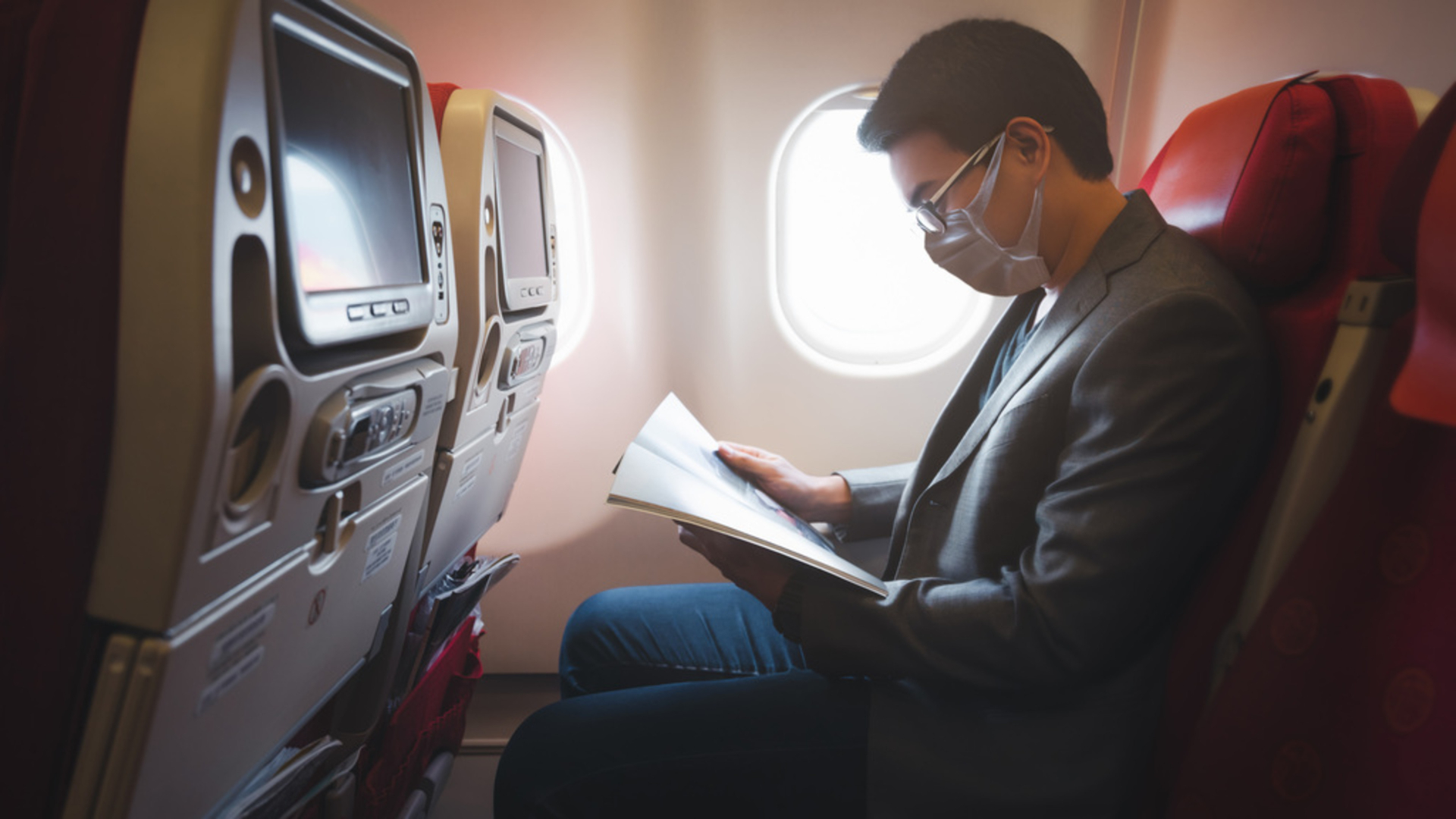It seems such a long time ago amid the recent arrival of Coronavirus in Taiwan, but moving to Taiwan when it was still COVID-free in September 2020 remains one of the most significant, challenging, and ultimately worthwhile experiences of my life.
Indeed, I was convinced, until the moment I set foot in my four-by-four metre quarantine hotel room, that something had to scupper my six-thousand-mile relocation (or perhaps evacuation?). Here are a few reflections on what I learned, and what others may learn from the trials and tribulations of my move abroad.
Moving to Taiwan: The Paperwork
The mere thought of all the signed documents and bureaucratic processes administered by the government for moving to Taiwan is enough to still give me some strange sort of PTSD, even now. The process was as long, arduous, and as tedious as anything I have faced, including my undergraduate dissertation. My parents, around forty years my senior, being worldly-wise regarding traveling and living abroad, would certainly echo this sentiment. With the rather slow and disorganized help of the Taipei Representative Office in the UK, I had to jump through seemingly endless hoops to secure my resident’s permit and ARC.
Although COVID-19 restrictions and an impermeable Taiwanese border complicated the process, I’m sure because of the bureaucratic nature of moving to Taiwan (and most Asian countries), it would have been only marginally simpler in the days before this ‘new normal’.
One particular difficulty was getting a medical in the height of the UK COVID crisis with such niche requirements as a negative syphilis test. Following what felt like countless phone calls to private practitioners (the NHS wasn’t doing medicals at the time), I could fulfill such demands at the cost of around 200 GBP and a six-hour round-trip from my Sussex home. When facing such intricacies, the key virtues one thrives upon are patience and, perhaps to overdramatize slightly, resilience. So long as you’re prepared for the relentless hoop-jumping of moving to a destination like Taiwan (especially when government COVID restrictions complicate life, you’re already one step of the way there.
Moving to Taiwan: The Journey
The bureaucracy continued when I stepped on the flight with Emirates Airlines/Dubai Airport requiring a paper-copy negative COVID-PCR test taken within a two-day window before travel.

Despite these slight complications, the journey was the simplest and most exciting part of what was around a three-month-long process in the build-up. With an eerily quiet Dubai airport and an almost abandoned connecting flight to Taipei, I’d certainly rank this as my most comfortable (and strange) long-haul journey. Far from moving to bustling Taiwan, it felt more like I was moving to some deserted far-away land.
Moving to Taiwan: The Quarantine Routine
I was fully aware during my flight that my excitement at moving to Taiwan may come crashing down because they would confine me in a quarantine hotel room of unknown size. My concerns were justified when I opened the door to a tiny room, barely bigger than my oversize suitcase. Fortunately, hanging on the wall was a gigantic TV. The accommodation came with a desk and a lovely view of a grayish Taiwanese AC unit two metres opposite my window. Although the feeling of closing that door on the outside world and entering my four-by-four meter reality was one of my more daunting moments, the two weeks passed relatively quickly once I found a routine.
Faced with what felt like an eternity, I segmented my day into three periods based around mealtimes.
Breakfast
After 8 am breakfast, I would complete my online teacher training assignments and treat myself to a leaning out of the window to bathe in twenty minutes of September Taipei sunshine (which occurred between around 11:15 and 11:35).
Lunch

After the 12:30 lunchtime, I would fill my time with researching the adventures awaiting me on the wonderful island outside, studying Chinese, and endeavoring to do some basic strength exercises on the only space big enough to fit my small yoga mat.
Dinner
After 6:30 dinner, I would pass time watching films and chatting with friends and family. Although there were days when those four walls felt like my entire reality, breaking down this two-week period in the same way as I break down marathons and hundred-mile bike rides was the only way to make it work.
Although there’s a good chance those reading this are no stranger to the quarantines that are inherent to COVID travel, I would advise anyone to undertake this challenge (perhaps the best way of perceiving it) to employ similar tactics in your war against boredom and insanity.
Although Taiwan’s utter freedom from the shackles of COVID-related restrictions (until recently) makes me a little biased about moving to Taiwan and moving during COVID, but I would advise anyone who considers a move abroad amidst COVID restriction to face the inevitable challenges head on and simply go for it. Provided you’re patient, resilient and willing enough, it’s possible to move anywhere, even in this most tumultuous of times. To employ an old cliché: Where There’s a Will, There’s a Way.
You may not move to Taiwan, but are you thinking of moving abroad and worry about the COVID-related complications? Let us know here at Transition Concierge. We are here to help! Become a TCI member for free – and get access to authoritative expat information.
by: Oliver Sanders


